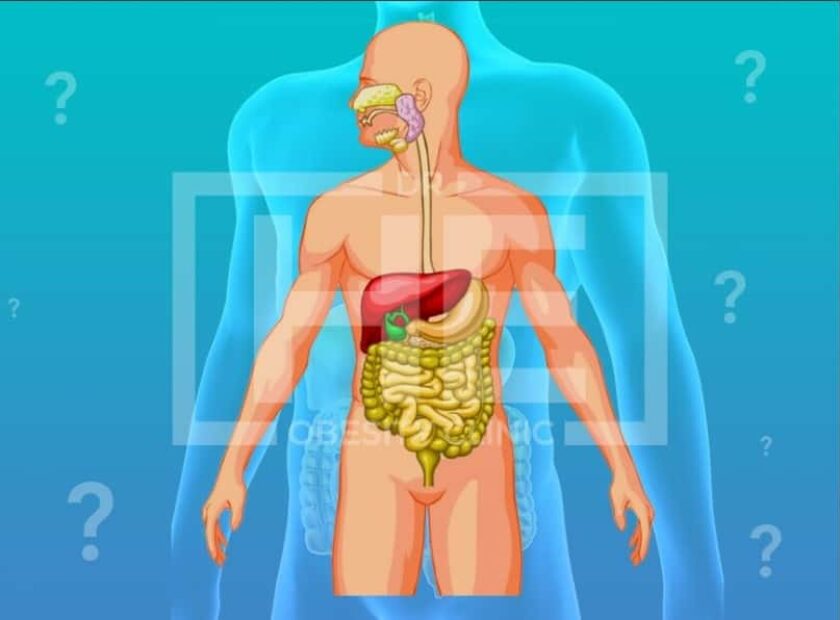Eating Cereal After Bariatric Surgery: What You Need to Know. Eating Cereal After Bariatric Surgery: What You Need to Know. Bariatric surgery is a weight loss procedure that restricts the amount of food a person can consume and the body’s ability to absorb nutrients. It’s important for patients to follow a specific diet after the surgery to ensure proper healing and optimal weight loss results. One of the questions that many people have is whether they can eat cereal after bariatric surgery. The answer is not a simple one and depends on several factors, such as the type of surgery, the patient’s nutritional needs, and the specific cereal in question.
Types of Bariatric Surgery
There are several types of bariatric surgery, each with its own set of dietary restrictions and recommendations. The two most common types are Roux-en-Y Gastric Bypass and Laparoscopic Sleeve Gastrectomy.
- Roux-en-Y Gastric Bypass
Roux-en-Y gastric bypass involves creating a small pouch from the stomach and rerouting the small intestine to the pouch. This type of surgery restricts both the amount of food that can be consumed and the amount of calories absorbed by the body. After surgery, patients are typically advised to follow a strict liquid diet for several weeks, followed by a progression to soft, pureed foods, and eventually to solid foods.
- Laparoscopic Sleeve Gastrectomy
Laparoscopic sleeve gastrectomy involves removing a portion of the stomach to create a smaller, sleeve-shaped stomach. This surgery restricts the amount of food that can be consumed but does not impact the body’s ability to absorb nutrients. After surgery, patients are typically advised to follow a strict liquid diet for several weeks, followed by a progression to soft, pureed foods, and eventually to solid foods.
Can You Eat Cereal After Bariatric Surgery?
The answer to this question depends on several factors, such as the type of surgery, the patient’s nutritional needs, and the specific cereal in question. In general, patients are advised to avoid high-carb, high-calorie, and high-fat foods after bariatric surgery. This includes sugary cereals that are high in empty calories and can sabotage weight loss efforts.
However, some low-carb, high-protein cereals can be a good option for bariatric surgery patients, especially those made with whole grains and other nutritious ingredients. These types of cereals can help patients get the protein and fiber they need to feel full and satisfied, without consuming too many calories or carbs.
What to Look for in a Cereal After Bariatric Surgery?
When shopping for cereal after bariatric surgery, it’s important to look for options that are high in protein and fiber, and low in carbohydrates and sugar. Some key features to look for include:
- High protein content: Protein is essential for repairing and rebuilding the body’s tissues after surgery, and can help keep you feeling full and satisfied.
- Low carbohydrate content: Many high-carb foods can be quickly converted into sugar, which can lead to weight gain and other health problems. Look for cereals with a low glycemic index (GI) to help regulate blood sugar levels.
- Whole grain ingredients: Whole grain cereals are a good source of fiber, which can help regulate digestion and prevent constipation, a common issue after bariatric surgery.
- Nutrient-dense ingredients: Look for cereals made with nutritious ingredients like nuts, seeds, and dried fruit, which can provide essential vitamins, minerals, and antioxidants.




